
Mishpatim: Forgotten Idealism
Good will is fine but good deeds change the world. And if the laws of the Torah sometimes seem overly technical and rigid, they build...

Are you old enough to remember the fascinating and tumultuous times of the 60’s and 70’s?
Love. Idealism. Hope. These were buzz words for a generation who fought for equal rights, against the horrific war in Vietnam, and who deeply desired to change the world for the better. Our world was darkened by the murders of Martin Luther King Jr., President John Kennedy and his inspiring brother, Robert. There was hope of making the world a more loving place as expressed in Woodstock, massive peaceful anti-war rallies, as well as the hippies that wanted to share their love and care for mankind. Old fences were knocked down, barriers broken. In those poignant words that captured so much of that time period: “The times they are a changin”.
Much of the positive energy was directed toward concrete attempts at creating a utopian environment of love and concern for each other. Communes sprung up and many areas, most notably, the San Francisco bay area, became havens of the peace movement. It’s difficult to depict the pure optimism of that time, especially today, since so many people have become jaded, judgmental, and doubtful of the dreams of the past.
These were exciting times, although in all honesty, difficult. There was a lot of struggling on many levels and, 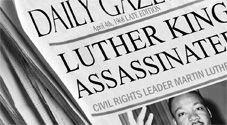 unfortunately, many of the ideals and hopes for a better tomorrow never came to fruition. I wouldn’t say that all of the idealism turned to naught, but I think it would be fair to say that much of the idealism soured after the many aborted attempts at making life a Shangri-La. What happened? Also, what does all this “ancient” history have to do with our weekly reading?
unfortunately, many of the ideals and hopes for a better tomorrow never came to fruition. I wouldn’t say that all of the idealism turned to naught, but I think it would be fair to say that much of the idealism soured after the many aborted attempts at making life a Shangri-La. What happened? Also, what does all this “ancient” history have to do with our weekly reading?
One of the peculiar aspects of Torah law is its preoccupation with details and analysis. The Talmud and the Code of Jewish Law are filled with intricate cases which often seem to be missing the human, emotional side of life. In the section of laws dealing with marriage, for example, love seems to have little place and is portrayed more like a business relationship than an expression of profound caring. In our weekly reading we learn about numerous highly technical cases which also may seem overly intricate. Another difficulty with the introduction of these laws is that they seem almost anti-climactic, especially after last week's reading of the spectacular revelation and giving of the Ten Commandments at Mt. Sinai.
There is a very important rule that I heard from a wise Rabbi, Rabbi Noach Orlewick. He said that “emotions are present tense” and went on to explain that the nature of feelings is that they are intense and feel so real when they are happening. At some point, however, the love, hate, anger, etc. will dissipate and the good feelings (or the opposite) will be hard to remember. Our Sages understood that all relationships based on warm feelings and good will are doomed to disappointment and, possibly, failure. That is why the legal precedents of the Torah are intellectually rigorous and not emotionally based. Of course, the Torah hopes that we will develop love in our marriages and mutual understanding in our businesses, but that’s not the starting point. How much misunderstanding and pain would or could have been avoided during those idealistic days of the 60’s and 70’s with the knowledge of this basic idea.
Similarly, the Sages tell us a surprising rule: It is greater to be commanded and to perform a commanded act than to do the same act willingly. For example, it's more commendable to give charity when one is commanded than to give it willingly. Honestly, this teaching is difficult to understand. We usually look at the act borne of good will as more praiseworthy than one done due to a sense of obligation. There are many explanations why our Sages prefer the commanded act. In terms of our discussion, when one gives because they feel like it, who's to say that tomorrow they will also feel like giving. If I marry because I'm deeply in love, who's to say how I will feel tomorrow? Although this sounds unromantic, I think the soaring divorce rate reveals that we have a lot to learn from our Sages.
The unique times of the 60's and 70's were a period of unusual inspiration. Much good was accomplished and possibly much more could have been had we had the knowledge of the Torah and the Sages. Good will is good but good deeds change the world. And if the laws of the Torah sometimes seem overly technical and petty, we should know that these are the concrete ways that Hashem told us to create a world of peace and love. As much love and hope as there was at that time, it can't compare with the love Hashem has for His world and His hope in making the world a place of eternal peace and blessing. And fortunately we have the guide, the Torah, to make this dream a reality.
* * *
Rabbi Dovid Charlop is on the teaching staff of the Neve Tzion Yeshiva in Telzstone, Israel.




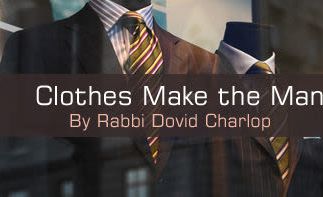
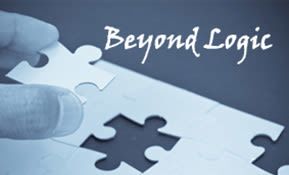

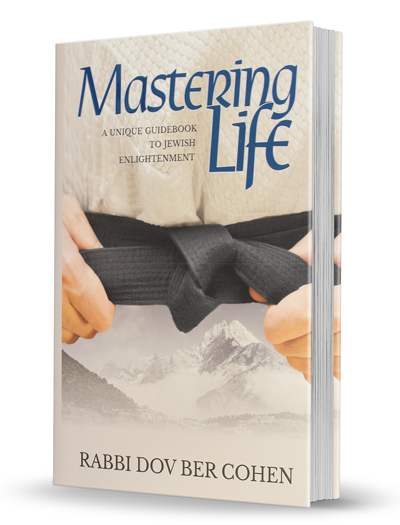
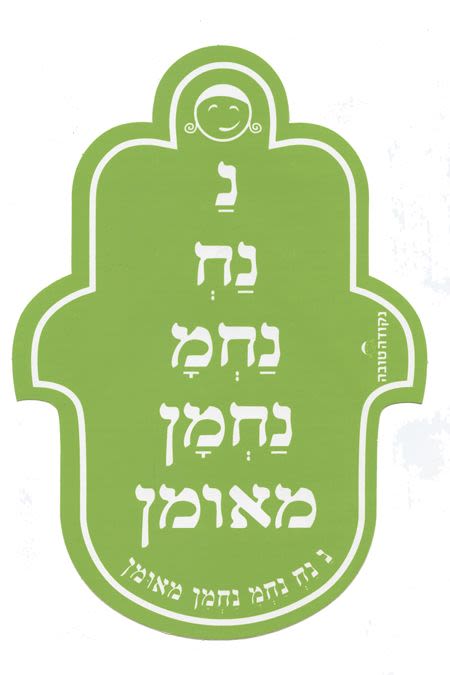

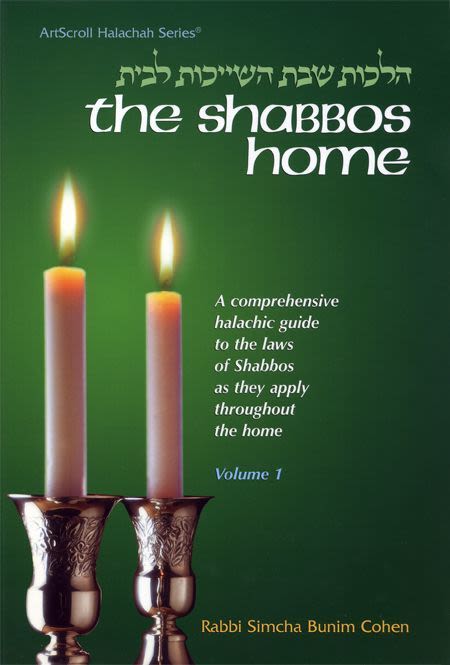
Tell us what you think!
Thank you for your comment!
It will be published after approval by the Editor.